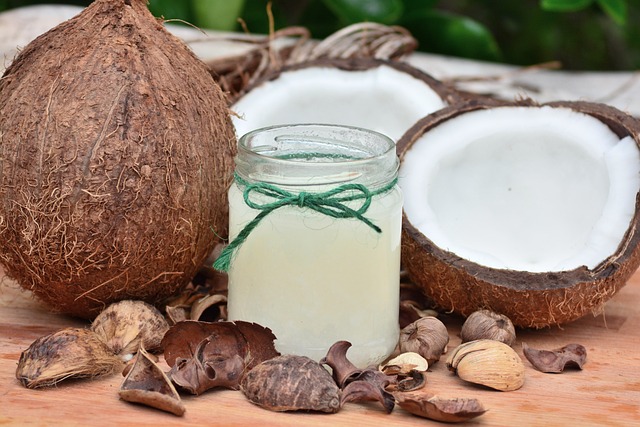Unlocking the Secrets of Probiotics: A Deep Dive into Their Fascinating Mechanisms
The field of probiotics has gained significant attention in recent years, with numerous studies demonstrating the potential health benefits of these “friendly” bacteria. Probiotics are living microorganisms that when consumed in adequate amounts, provide health benefits to the host. They can be found naturally in certain foods or consumed as dietary supplements.
What Makes Probiotics Special?
Unlike harmful bacteria that can cause infections and diseases, probiotics offer a range of positive effects on our health. They work in various ways to promote overall well-being and help maintain a healthy gut environment.
Restoring the Microbial Balance
One key mechanism of probiotics is their ability to restore the balance of microorganisms in our gut. Our intestines are home to trillions of bacteria, known as the gut microbiota, which play a vital role in digestion, immune function, and overall health. However, factors such as poor diet, stress, antibiotics, and illness can disrupt this delicate balance.
Probiotics, when ingested, help in the recolonization of beneficial bacteria in our gut. These friendly bacteria compete with harmful microbes for space and nutrients, thereby suppressing their growth and restoring the microbial balance. By promoting the growth of beneficial bacteria, probiotics contribute to a healthier gut ecosystem.
Enhancing Gut Barrier Function
Another fascinating mechanism of probiotics is their ability to enhance gut barrier function. The gut lining acts as a physical barrier that prevents harmful substances from entering our bloodstream while allowing the absorption of nutrients. When this barrier becomes compromised, it can lead to various health issues.
Probiotics reinforce the gut barrier by stimulating the production of proteins called tight junction proteins. These proteins help maintain the integrity of the gut lining, preventing unwanted molecules like toxins and pathogens from leaking into the bloodstream. By strengthening the gut barrier, probiotics aid in overall gut health and immune function.
Modulating the Immune System
Probiotics also play a crucial role in modulating our immune system. Our gut is closely linked to our immune system, and interactions between gut bacteria and immune cells are vital for proper immune function.
Research suggests that probiotics can influence the activity of immune cells, promoting a balanced immune response. They can stimulate the production of antibodies, enhance the activity of natural killer cells, and regulate the release of inflammatory molecules. By modulating the immune system, probiotics may help reduce the risk of certain immune-related conditions and promote overall immune health.
Producing Beneficial Compounds
Some probiotic strains have the ability to produce beneficial compounds that contribute to our health. For instance, certain strains of Lactobacillus and Bifidobacterium produce short-chain fatty acids (SCFAs) through the fermentation of dietary fibers.
SCFAs serve as an energy source for the cells lining our colon and have anti-inflammatory properties. They also play a role in maintaining a healthy gut pH and regulating the growth of other bacteria. The production of these compounds by probiotics contributes to a favorable gut environment and overall gut health.
Conclusion
Probiotics have captured the attention of scientists and health enthusiasts alike, thanks to their fascinating mechanisms and potential health benefits. From restoring microbial balance to enhancing gut barrier function and modulating the immune system, these “friendly” bacteria play a vital role in promoting overall gut health and well-being.
As research in this field continues to expand, we are likely to uncover even more secrets of probiotics and their remarkable effects on our health. Incorporating probiotic-rich foods or supplements into our diet is one way to support the growth of these beneficial microbes and unlock their full potential.







